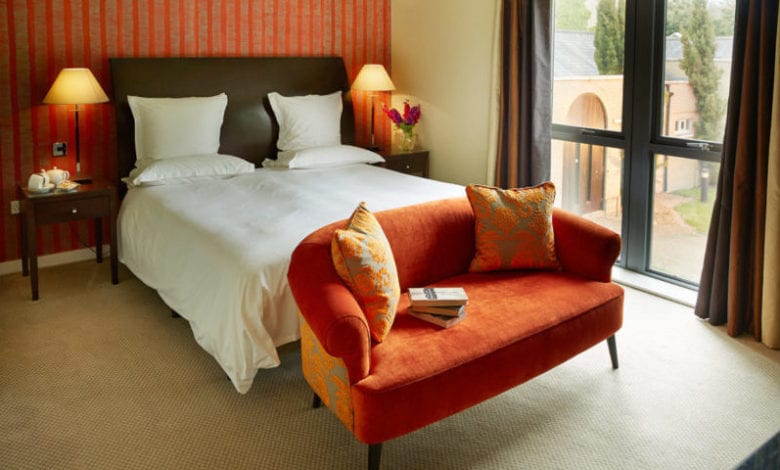Front of House
Front of House: Hotel Felix

Tell us about your background.
You'll need to
subscribe to unlock this content. Already subscribed? Login?

Join over 9,000 hotel professionals with a membership
Get unlimited access and stay in the know. First-year special offer pricing. Cancel any time.
You have read 2/2 free articles this month.

Person
Monthly
Yearly
Save £9.89
No, thanks
I already have an account

Tell us about your background.